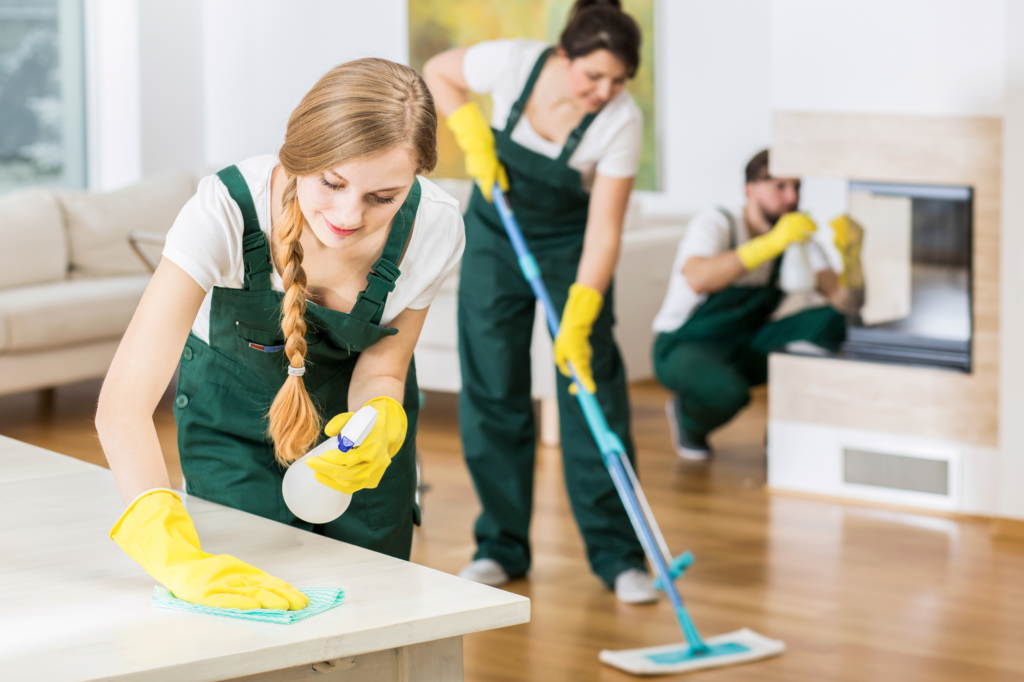
Each square centimeter of your home’s surfaces is host to about 100,000 bacteria. This bacteria can survive in your home for significantly longer than you’d like. What you need is an effective disinfectant that can remove the bacteria.
Not all cleaners disinfect the same, though. For your disinfection efforts to be effective, you need to choose the right cleaner. It helps to understand how disinfectants work.
This guide will explain how disinfectants work and why they’re effective.
How Do Disinfectants Work?
The short answer is that disinfectants are chemicals that work on non-living surfaces. Once they come into contact with pathogens, they destroy them. This includes fungi, mildew, viruses, and bacteria.
To effectively kill the pathogen, the active chemical in the antimicrobial agent will damage, disrupt, or change the pathogen’s cells.
Types of Disinfectants
According to the EPA, there are several types of disinfectants. The type of disinfectant you should use will depend on the type of pathogens you want to remove. If you’re unsure of the best cleaning method, it’s smart to hire a professional service like Prestige Janitorial Services for your routine cleaning.
Alcohol
Disinfectants that use alcohol are non-specific antimicrobials because they have a broad range of toxic effects. When the alcohol comes into contact with the pathogen, it causes clumping, coagulating, and cross-linking.
This is why hand sanitizers have alcohol as an ingredient. However, alcohol isn’t the most effective for certain types of pathogens. Alcohol evaporates quickly, and it may dry too fast for the required dwell time.
Chlorine
Cleaners that use chlorine create an oxidizing effect. Chlorine is most often used for cleaning drinking water. It quickly kills the bacteria by targeting the organism’s cells and killing them.
Chlorine is one of the few disinfectants that’s considered sporicidal. This means that the harmful bacteria is killed and not just damaged.
Peroxygen Compounds
You may know this disinfectant as hydrogen peroxide. These disinfectants stand out because they are unaffected by salt or organic matter, unlike other disinfectants on this list.
This type of disinfectant is considered highly effective because of its lethal abilities. Once in contact with a pathogen, the disinfectant removes the spore coat proteins and causes the cell membranes to collapse.
Quaternary Ammonium Compounds
This is one of the most used types of disinfectants on the market today. It’s highly effective at removing a broad range of contaminants. This is the disinfectant you’ll find used in household sprays, wipes, and other household cleaners.
To make this method effective, it either needs a long dwell time of several minutes or a very high concentration. This type of disinfectant denatures the cell proteins and forces them to lose vital substances. The result is death once all substances have leaked out.
Practice Proper Disinfection in Your Home
It’s important to consistently clean your home to ensure you have a safe and clean environment for you and your family. Keep these disinfection methods in mind when choosing your cleaning chemical.
Check out our other health articles for more helpful advice on keeping you and your family healthy.